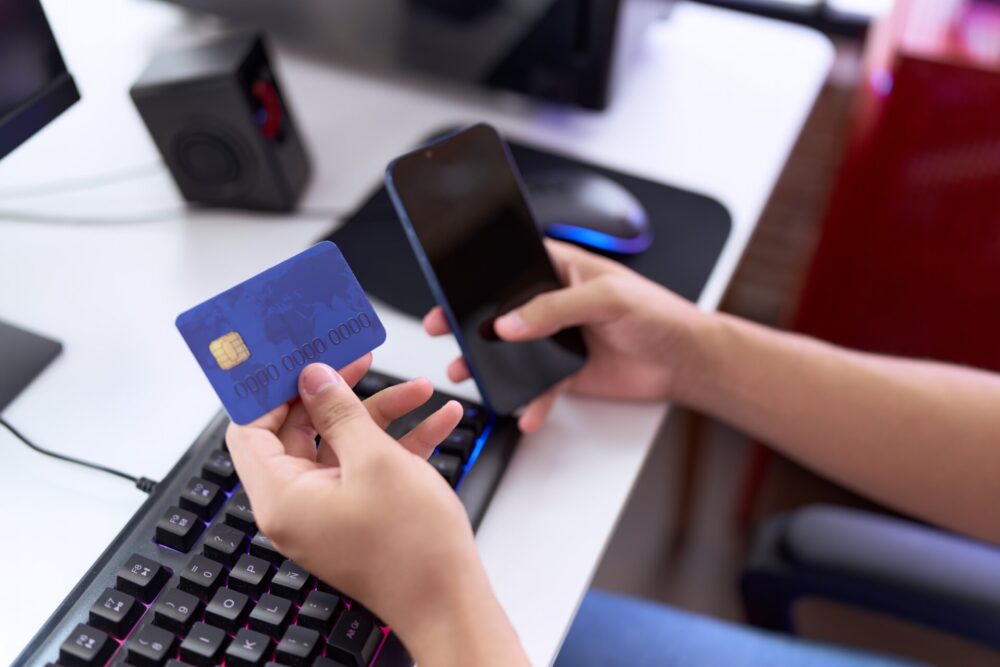Indonesia’s Thriving Gaming Market
Indonesia’s gaming market, dominated by titles like Mobile Legends, Free Fire, and PUBG Mobile, is worth billions and acts as a digital economy where in-game assets and accounts can have real-world value. Experts in the Prevention/Countering Violent Extremism (P/CVE) sector recognize this expansive market as a potential target for exploitation by violent extremists looking to bridge funding gaps. Specifically, aspects like virtual currencies and resale markets could facilitate money laundering and terrorist financing. This article discusses how authorities in Indonesia, Asia, and globally, along with tech companies, can tackle these vulnerabilities to prevent abuse.
Growth of In-Game Currency in Indonesia’s Gaming Landscape
As of 2023, Indonesia’s gaming market reached $3.11 billion, fueled by a youth demographic, increasing smartphone usage, and a preference for mobile gaming. By 2026, revenue from video games is expected to hit $1.43 billion, while the overall Southeast Asian market is projected at $6.88 billion. In-app purchases for items like skins, battle passes, and other virtual goods are increasingly popular, with mobile gaming leading the sector. With over 100 million gamers and a 70% smartphone penetration, factors such as improved infrastructure and the rise of digital payments support this growth, with localized favorites contributing significantly.
The Role of In-Game Currency
In-game currency serves as virtual money used for purchasing items and upgrades that enhance gameplay. In Indonesia, popular games enable players to acquire currencies through real currency purchases to unlock various in-game items. These currencies are essential for freemium games, where the base game is free, but enhancements require payment. Players can buy these currencies with Indonesian rupiah (IDR), making the connection between real and virtual economies substantial.
Terrorist Exploitation of Gaming Platforms
Online games allow for the trading of in-game currencies, which can be converted into real money. Extremist groups have been known to exploit these capabilities to launder money internationally, often beginning with stolen credit cards to acquire virtual goods. The anonymity of microtransactions offers a façade that conceals the origins of funds, thereby supporting low-cost terrorism. Groups like the Islamic State utilize these platforms for various nefarious purposes, from propaganda to fundraising.
Regulatory Challenges in Indonesia and Beyond
Indonesia faces significant risks regarding money laundering and terrorist financing, particularly as regulations surrounding virtual currencies are notably weak. The rapid growth in the gaming sector, projected to reach $6.3 billion by 2033, raises concerns as millions engage in daily transactions that often lack adequate monitoring. The anonymity and ease of transferring virtual currencies present ample opportunities for misuse, making it challenging for law enforcement to trace illicit flows.
Combating Financial Crimes in Gaming
To mitigate these risks, Indonesia is tightening regulations surrounding digital assets, with the OJK implementing stricter rules regarding transaction monitoring and customer verification for virtual currencies. A newly passed law in 2024 aims to provide a framework for the gaming industry, promoting standards that protect against illicit activities. Collaboration with international bodies strengthens efforts to detect and prevent suspicious transactions across borders.
The Path Forward for Indonesia’s Gaming Economy
Gaming companies can further secure their platforms against exploitation by adhering to anti-money laundering (AML) standards and enhancing customer verification processes. Implementing measures that monitor transactions and educate players about safe practices are essential steps in safeguarding against terrorist financing. Stronger oversight is critical to uncovering hidden networks and disrupting potential funding sources for terrorism, ensuring a more secure gaming environment for all.



